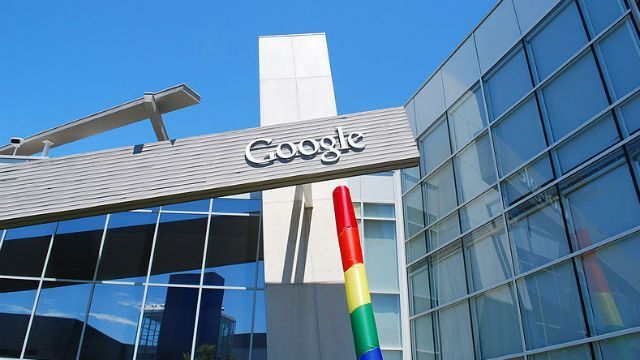Google has just been dealt a heavy blow. A US federal court has ruled that Google unlawfully maintained monopoly control over key parts of the online advertising tech market, striking a serious blow to one of Alphabet’s most critical revenue streams. The decision, delivered by Judge Leonie Brinkema of the U.S. District Court for the Eastern District of Virginia, concluded that Google engaged in illegal practices to preserve and entrench its dominance in digital ad tech.
The ruling comes after a lawsuit brought by the Department of Justice and a coalition of states, which argued that the tech giant had unlawfully monopolized components of the ad tech ecosystem used to place display ads across the internet. The court found Google guilty of violating the Sherman Antitrust Act by monopolizing two critical markets: publisher ad servers and ad exchanges. However, the judge rejected the plaintiffs’ argument that Google held monopoly power in a third market for advertiser-side ad networks.
At the heart of the case is Google’s role in tying together two essential services — its DoubleClick for Publishers (DFP) ad server and AdX ad exchange — through a combination of contractual obligations and technological integration. The court determined that these actions allowed Google to build and sustain dominance, effectively sidelining competition and harming both publishers and consumers. The outcome, according to the ruling, was a diminished market environment where publishers had fewer choices and consumers potentially faced reduced access to diverse content due to weakened publisher revenues.
“Google has willfully engaged in a series of anticompetitive acts to acquire and maintain monopoly power in the publisher ad server and ad exchange markets for open-web display advertising,” Judge Brinkema wrote in her 115-page opinion, adding, “For over a decade, Google has tied its publisher ad server and ad exchange together through contractual policies and technological integration, which enabled the company to establish and protect its monopoly power in these two markets.”
With liability now established, the case will proceed to a remedy phase where the court will determine what actions, if any, Google must take to restore competition. The Justice Department has previously indicated it could seek structural changes to Google’s business, including a forced divestiture of key parts of its ad tech operations — potentially including Google Ad Manager and its affiliated ad exchange. An alternative remedy could involve behavioral changes, such as barring Google from giving preferential treatment to its own ad exchange in auctions conducted through its publisher server tools. Either way, the decision on remedies will cause major waves, since the outcome may set a precedent for how US courts manage monopolistic behavior in the digital economy.
This latest legal setback adds to Google’s mounting regulatory challenges. In a separate antitrust lawsuit concluded in 2023, a different court found Google had illegally maintained its dominance in the general internet search market. That case, also brought by the DOJ, is moving into its remedy phase, where proposals include spinning off Google’s Chrome browser and revising its search engine agreements with hardware partners like Apple. For its part, Google has disputed the findings and indicated it will contest the ruling. “We won half of this case and we will appeal the other half. The Court found that our advertiser tools and our acquisitions, such as DoubleClick, don’t harm competition. We disagree with the Court’s decision regarding our publisher tools. Publishers have many options and they choose Google because our ad tech tools are simple, affordable and effective,” the company announced in a post on X.
The Tech Portal is published by Blue Box Media Private Limited. Our investors have no influence over our reporting. Read our full Ownership and Funding Disclosure →






